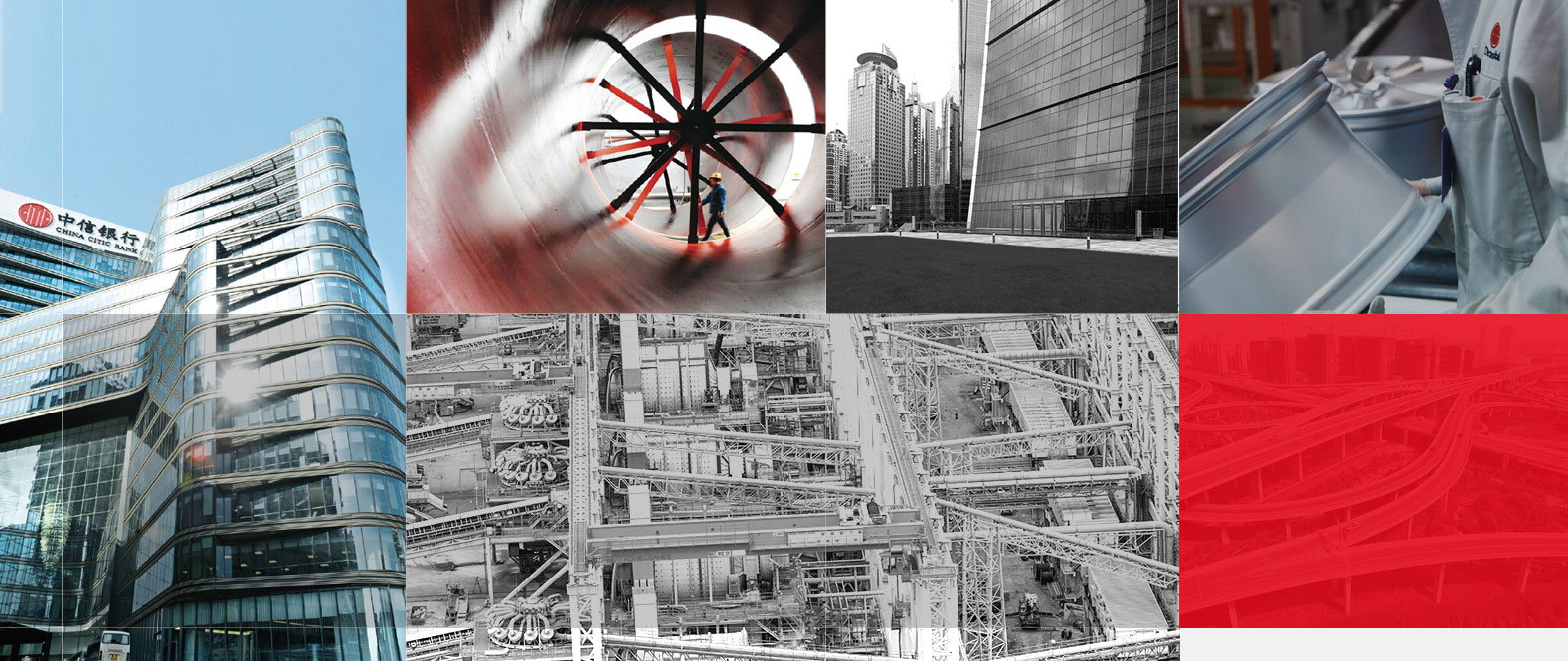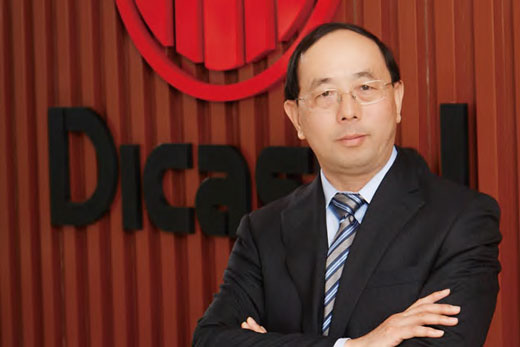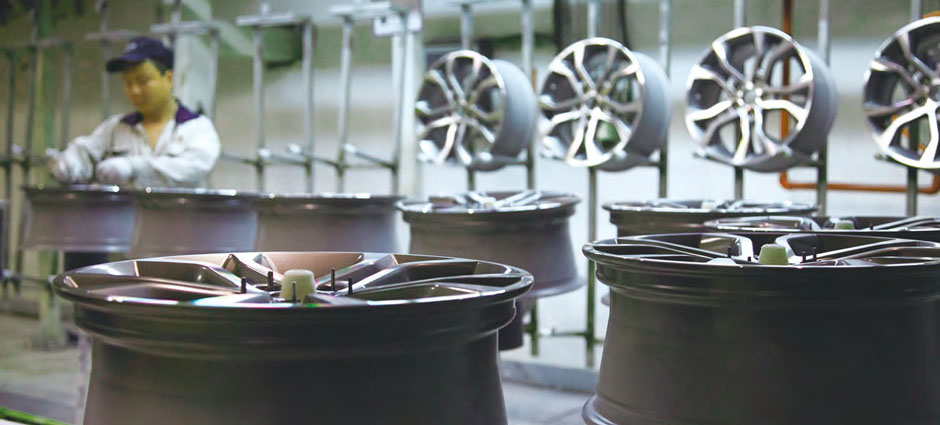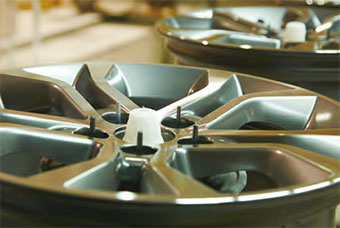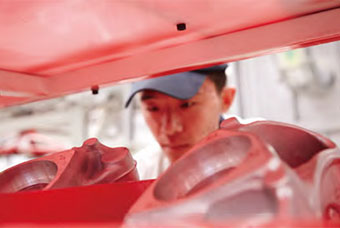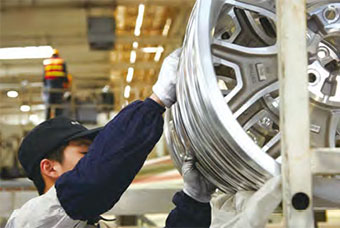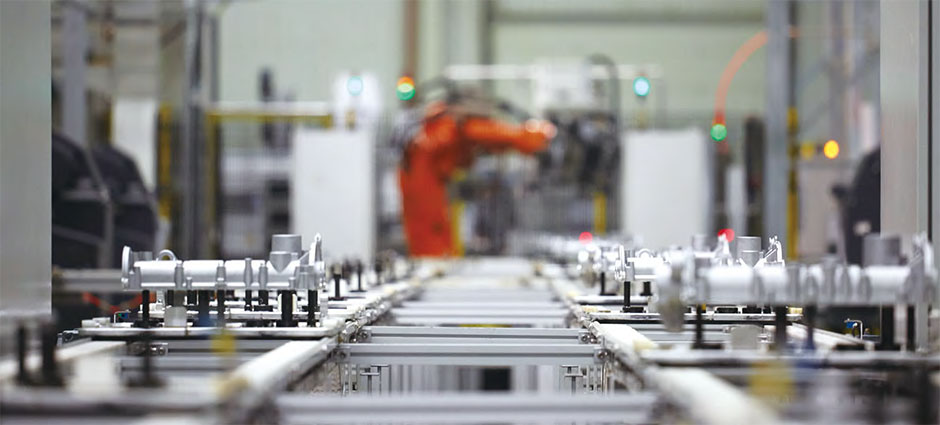Our Journey
Mr Xu Zuo, President
a member of the founding team
T hirty years ago, anywhere you went, chances are your wheels would have been made of steel. Aluminium alloy was still uncommon for car wheels — the kind of feature found on sports cars or luxury sedans but not on your average passenger vehicle. Only a handful of manufacturers worldwide were even making them and, in China, a market didn’t even exist.
We recognised aluminium for the game changer it would become. So as China continued to open up over the late eighties, we decided to go all in. Our dream: we would make this market in China and, one day, our wheels would run around the world.
Back then, the automotive sector was just beginning to develop in China, and the demand was tiny for a premium like aluminium wheels. So as a new supplier in a developing economy, setting up a plant for steel wheels was the obvious path, the easy conclusion. But we took a long view, and we bid on the potential that aluminium promised.
Any way you cut it, aluminium is superior to steel as a material for a car wheel. It’s one third the mass, stronger, and more anti-corrosive. It also retains less heat and is far more formable, allowing almost unlimited freedom in stylisation. Unlike steel, it can also be better polished or otherwise finished to such a high degree that it can give wheels that mirror-like sheen so popular today in the premium segment. Perhaps best of all, the lower mass also makes it more fuel-efficient than steel. When we got started, all of these reasons were what drove us and, at the same time, more and more automakers, to favour the aluminium wheel. And now, three decades on, aluminium wheels have become ubiquitous worldwide.
Looking back, it’s easy to see our success today and forget how hard we worked, to think we saw a trend and just rode it out. But when we began, we had no blueprint, no map to follow. While the average aluminium wheel weighs about eight kilograms today, the first wheel we successfully produced was the result of thousands of tonnes worth of attempts and countless hours of research. That wheel wasn’t just aluminium — it was blood, sweat and tears.
This early experience imbued in us a fundamental commitment to always keep growing — not just commercially but technologically too. For the next decade, we worked relentlessly to build our domestic business, growing the company from a single plant into a national network and staying always at the forefront of the industry in China. Then, in 2001, we reached a turning point. China had just entered the WTO, and overnight our export opportunity had changed. Suddenly, we could compete on the global market. And true to our entrepreneurial roots, we immediately accepted the challenge and seized this new opportunity.
Our first step was to ramp up production capacity as much as possible, as quickly as possible. So we began partnering with quality manufacturers, and our ability to scale production for export around the world began to rocket year after year. Then we invested in building capacity for state-of-the-art production, along with world-class R&D. And in 2008, seven short years later, we had become the world’s largest manufacturer of aluminium wheels.
In just two decades, our dream was becoming a reality. But we didn’t stop there. In 2011, we diversified our product line to add a full range of lightweight cast components by acquiring a leading German auto components manufacturer, KSM Castings Group. For us, this was a milestone because we added a whole shelf of new products to our line-up and enhanced our global position, particularly among European automakers. But for KSM too, it brought them onto the world stage. And today, we research and manufacture side by side in China and around the world.
When we were starting out, I remember looking out our building and seeing just one car parked on the dusty road. Today, I look out, and I see a gleaming lot the size of two football fields filled to the brim with hundreds of cars by all variety of automakers. I see not just the success of our own company there. But really, the growth of the auto industry in China and across the economy, the booming prosperity we’ve all enjoyed and helped to create.
We’ve come a long way, but our journey is far from over. When I keep looking out that window, look past that parking lot and train my eye on the horizon beyond, I can just about see the makings of our future. Dicastal has grown beyond automotive; we’re advancing all types of transportation, and innovating mobility for tomorrow.


